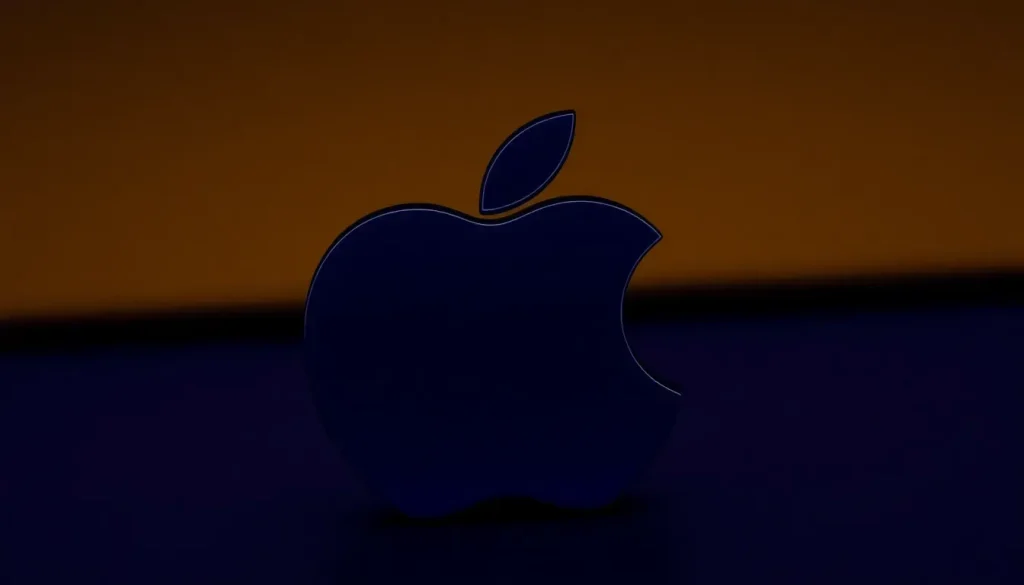Apple under investigation for cybercrime in France over Siri issue

In an era where technology and privacy are frequently at odds, concerns over how companies handle user data continue to escalate. One of the most notable recent cases involves Apple, which is now facing a cybercrime investigation in France regarding its handling of voice recordings utilized to enhance the functionality of its virtual assistant, Siri.
This situation has sparked significant debate around user privacy and corporate accountability, especially following revelations from a human rights organization that have raised serious questions about Apple’s earlier privacy assurances. Let’s delve deeper into the ramifications of this investigation, the context surrounding it, and its implications for users and the tech industry as a whole.
- Background on Siri's Voice Recording Practices
- The Legal Fallout: Class Action and Compensation
- Apple's Current Cybercrime Investigation in France
- Implications for User Privacy and Corporate Practices
- The Role of Transparency in Technology
- Conclusion: The Future of Privacy in Technology
- Additional Resources for Users
Background on Siri's Voice Recording Practices
The controversy surrounding Apple began in 2019 when a report from The Guardian disclosed that third-party contractors were employed by Apple to listen to user interactions with Siri. This practice aimed to enhance the quality of the service but raised immediate concerns regarding user privacy.
According to the whistleblower who leaked this information, Apple contractors often encountered sensitive content, including:
- Confidential medical discussions
- Private conversations between couples
- Potentially incriminating dialogues related to drug deals
This revelation contradicted Apple’s strong public stance on privacy, leading to an uproar among users and privacy advocates alike. In response, Apple suspended the program and shifted its strategy to allow users to opt-in rather than requiring them to opt-out of data sharing.
The Legal Fallout: Class Action and Compensation
The backlash from these revelations was swift. A class action lawsuit was filed against Apple, accusing the company of violating privacy rights. Following this, Apple agreed to a compensation settlement, marking a significant moment in the intersection of technology and legal accountability.
Users who interacted with Siri between 2014 and 2024 may have a claim for compensation. This settlement not only reflects the financial implications of the lawsuit but also underscores the growing recognition of user rights in the digital age.
Apple's Current Cybercrime Investigation in France
Despite the previous issues being addressed, Apple now faces a new challenge. The Bloomberg report indicates that a cybercrime investigation has been initiated in France, stemming from a complaint filed by the Ligue des droits de l’Homme, a prominent human rights organization.
This investigation was prompted by testimonies from Thomas le Bonniec, a former Apple subcontractor in Ireland. Le Bonniec's disclosures highlight the disturbing nature of the recordings analyzed, including sensitive interactions from vulnerable users, such as cancer patients.
The Office for Combating Cybercrime in Paris has taken over the investigation, focusing on the legality of Apple’s actions regarding user privacy. Notably, the timing of this complaint raises questions, as it comes several years after the initial practices were exposed.
Implications for User Privacy and Corporate Practices
This ongoing investigation has significant implications for how technology companies handle user data:
- Increased Scrutiny: Companies like Apple may face heightened scrutiny from regulators and the public regarding their privacy practices.
- Potential Policy Changes: The outcomes could lead to more stringent policies governing data collection and user consent.
- Consumer Trust: Trust in tech companies may wane, prompting users to reconsider their engagement with these platforms.
As users become more aware of their rights and the potential misuse of their data, companies are compelled to adopt more transparent and ethical practices. This could redefine the landscape of user consent and privacy policies within the technology sector.
The Role of Transparency in Technology
Transparency is becoming a critical factor in technology, especially with respect to data handling practices. Users increasingly demand clarity on how their data is collected, stored, and used. Companies that prioritize transparent communication are more likely to foster trust and loyalty among their users. For instance:
- Clear user agreements
- Regular updates on privacy policies
- Accessible channels for user feedback
Apple’s recent shift to an opt-in system for users regarding Siri’s data collection is a positive step, but the company must continue to demonstrate its commitment to user privacy through ongoing transparency and accountability.
Conclusion: The Future of Privacy in Technology
As the investigation into Apple unfolds, it serves as a crucial reminder of the importance of privacy in the digital age. Users must remain vigilant and informed about how their data is being utilized. For a deeper dive into this topic, you can watch the following video that discusses the implications of Apple's privacy policies:
As technology evolves, the balance between innovation and privacy will remain a pivotal point of discussion, making it imperative for both consumers and companies to navigate these waters thoughtfully.
Additional Resources for Users
For those interested in learning more about privacy issues and how to protect personal data, consider exploring the following resources:
- Electronic Frontier Foundation: Privacy Issues
- Privacy International: Advocacy and Resources
- American Civil Liberties Union: Privacy and Technology
As we continue to navigate the complexities of digital interactions, staying informed and proactive about privacy will empower consumers and shape the future of technology.




Leave a Reply